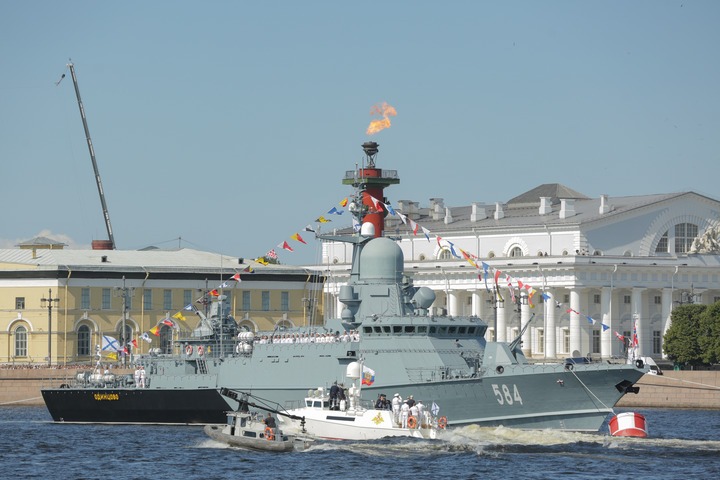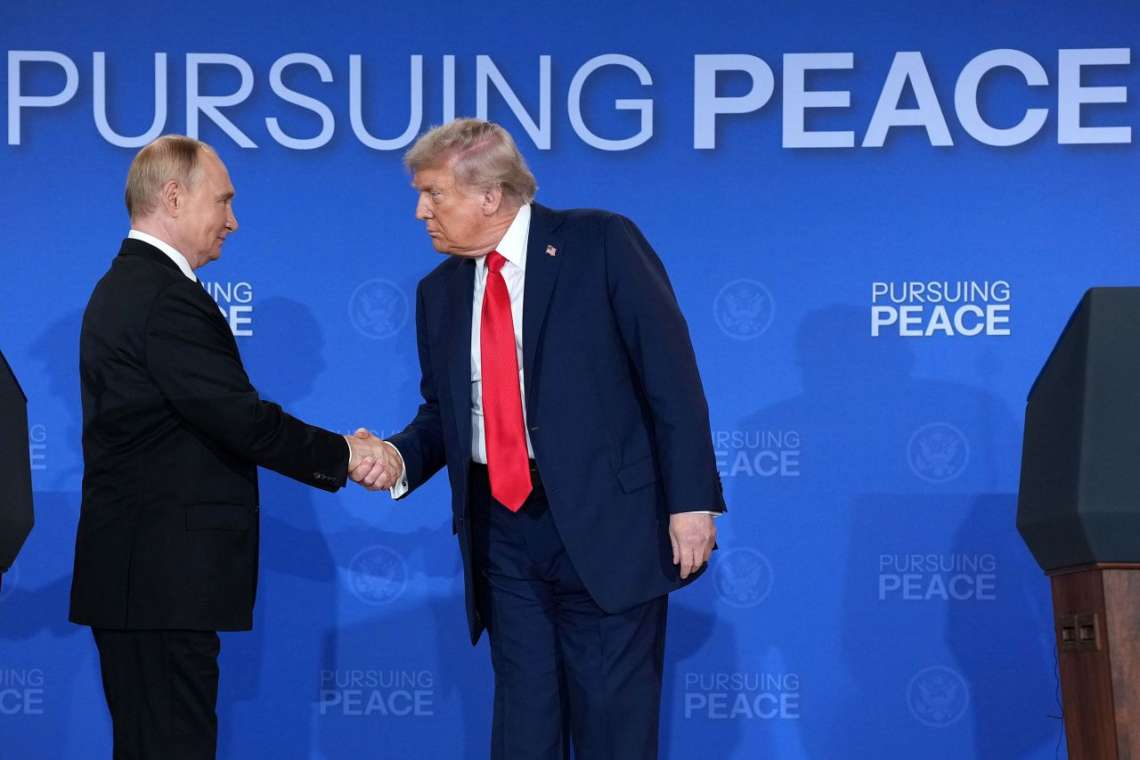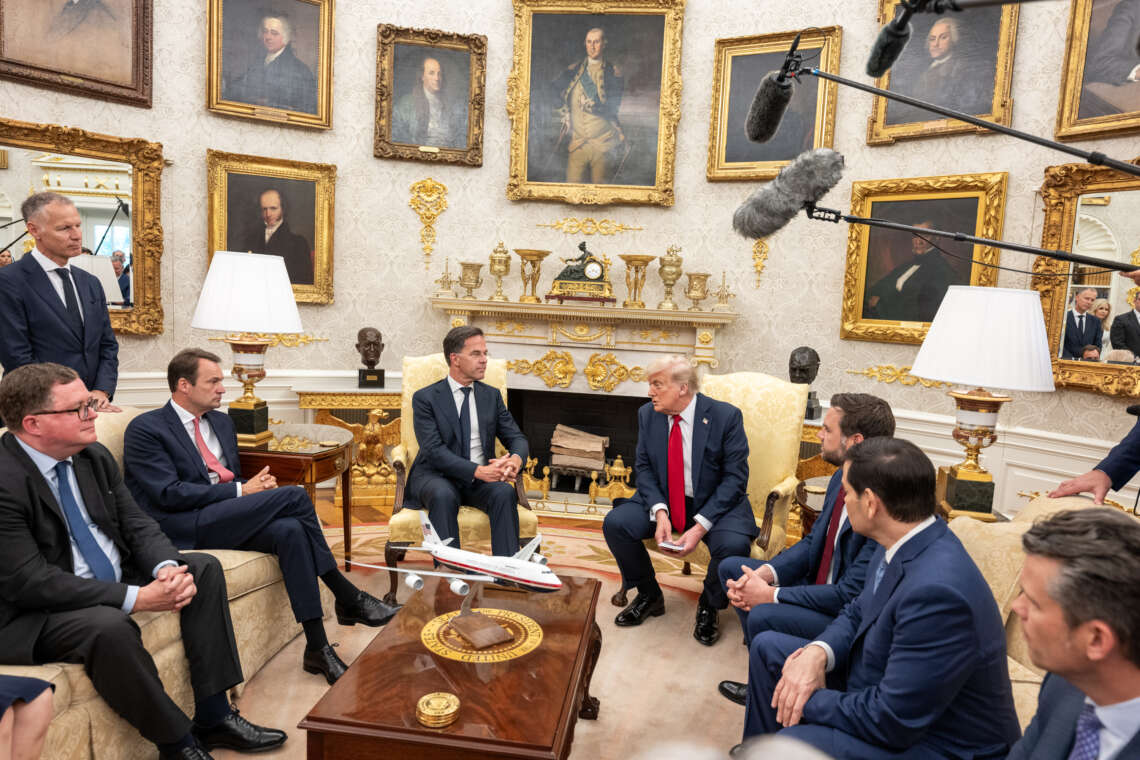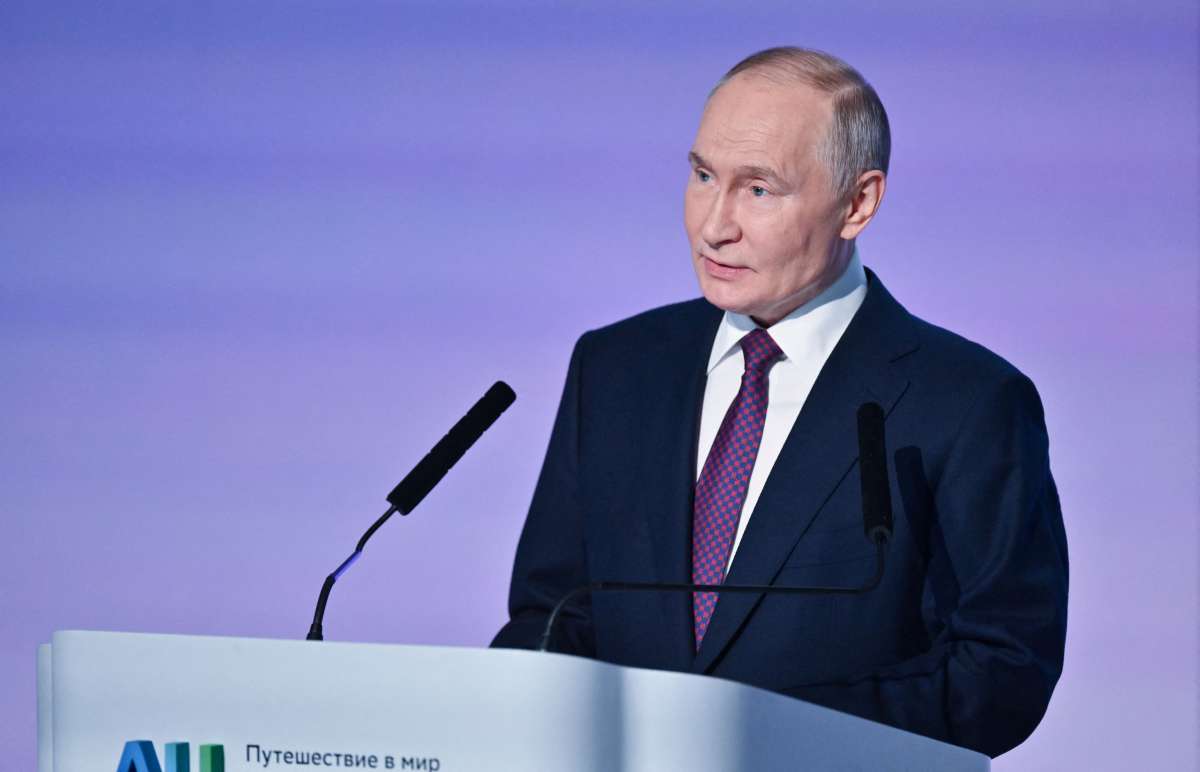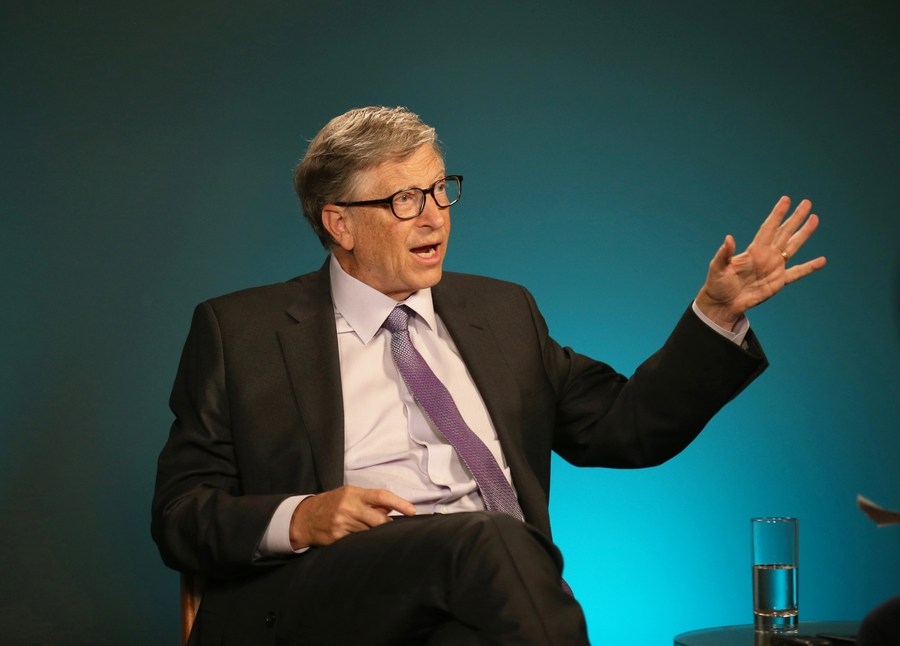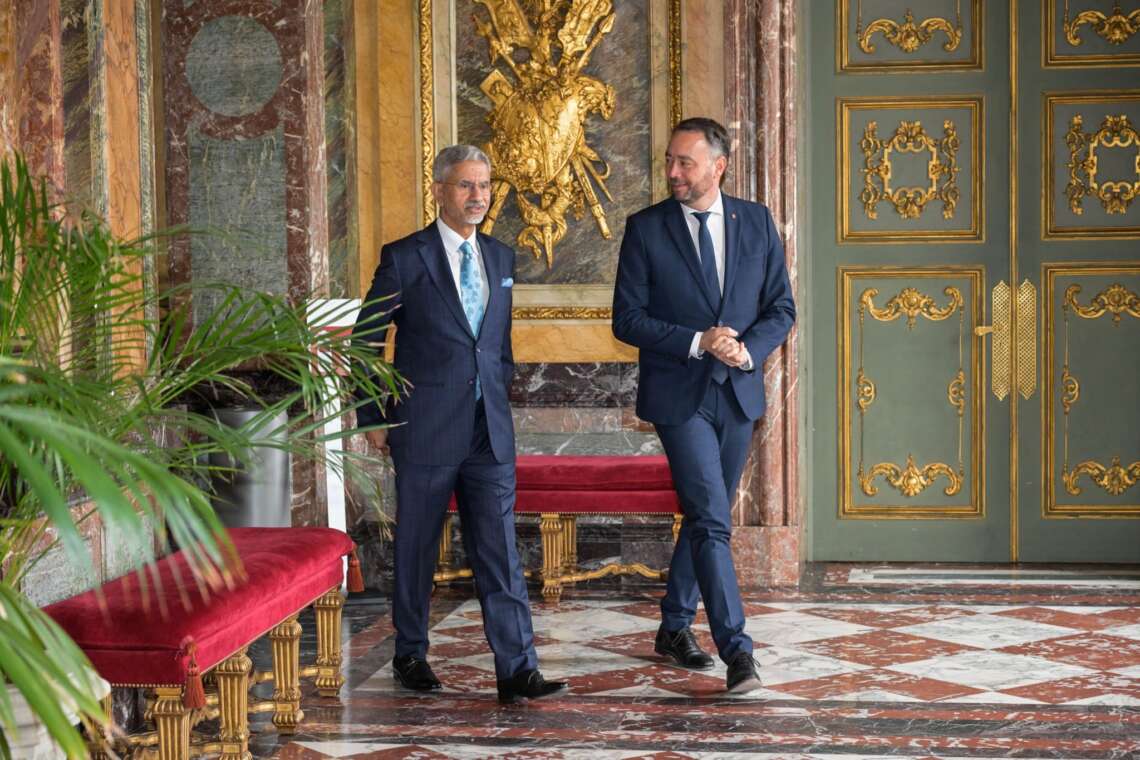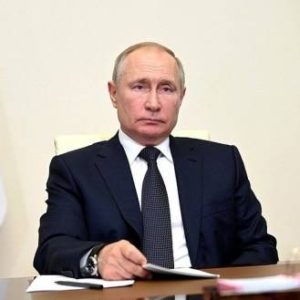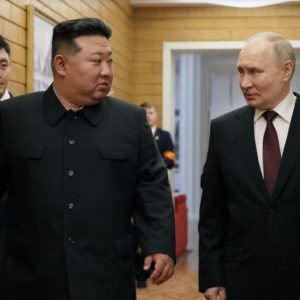Signed by Putin on May 30, the document outlines strategic goals for Russia’s naval forces in both peacetime and wartime
Russian President Vladimir Putin has approved a comprehensive long-term strategy for the development of the Russian Navy through 2050, marking a significant step in the country’s efforts to modernise its maritime forces amid growing global security challenges.
The announcement was made by presidential aide and Maritime Board chairman Nikolai Patrushev in an interview with the Russian news outlet Arguments and Facts. He stated that the newly adopted document evaluates the Navy’s current condition and capabilities, drawing on operational experience from Russia’s ongoing special military operation in Ukraine.
“In this strategy, the Navy’s current condition and capabilities have been assessed in light of operational experience,” said Patrushev. “A powerful and modern navy cannot be developed without a long-term understanding of the global maritime environment, evolving military threats, and clearly defined national goals.”
Signed by Putin on May 30, the document outlines strategic goals for Russia’s naval forces in both peacetime and wartime. It features a detailed analysis of the international military-political climate, possible conflict scenarios, and the naval capabilities of major global powers. It also defines key priorities for fleet composition, shipbuilding, technological upgrades, and modernization.
Patrushev described the document as a “vital long-term roadmap” that addresses how Russia’s naval power should evolve to protect its national interests across global waters. However, he did not disclose specific details about the fleet’s projected structure or individual programs.
Despite being widely ranked as the third most powerful navy globally—behind the United States and China—Russia’s naval forces have suffered significant setbacks during the conflict in Ukraine, including the high-profile sinking of the Moskva, the Black Sea Fleet’s flagship, in 2022.
Open-source intelligence indicates that Russia maintains a fleet of approximately 79 submarines, including 14 nuclear-powered ballistic missile submarines, and around 222 surface warships. The bulk of Russia’s naval strength is concentrated in the Northern Fleet, headquartered in Severomorsk on the Barents Sea.
In a previous statement on April 11, President Putin announced that Russia would allocate 8.4 trillion rubles (approximately $100.5 billion) to upgrade its navy over the next ten years. This massive investment reflects Russia’s renewed focus on bolstering its maritime power in response to shifting geopolitical dynamics.
“The global situation is changing rapidly, and the Navy must adapt to meet new challenges, maritime threats, and technological advances,” Putin had said at a naval development meeting. “We need a new image for the Navy.”
Putin further highlighted that the strategic nuclear segment of the Russian Navy is already fully equipped with modern weaponry, with a 100 percent modernisation rate. He stressed that this level must be sustained to ensure the nation’s security and maintain its influence across global maritime domains.
The updated naval doctrine aligns with Russia’s broader defense and security posture, which has seen military expenditure reach Cold War-era levels as a percentage of GDP, underscoring the Kremlin’s priority on defense readiness and strategic deterrence.


